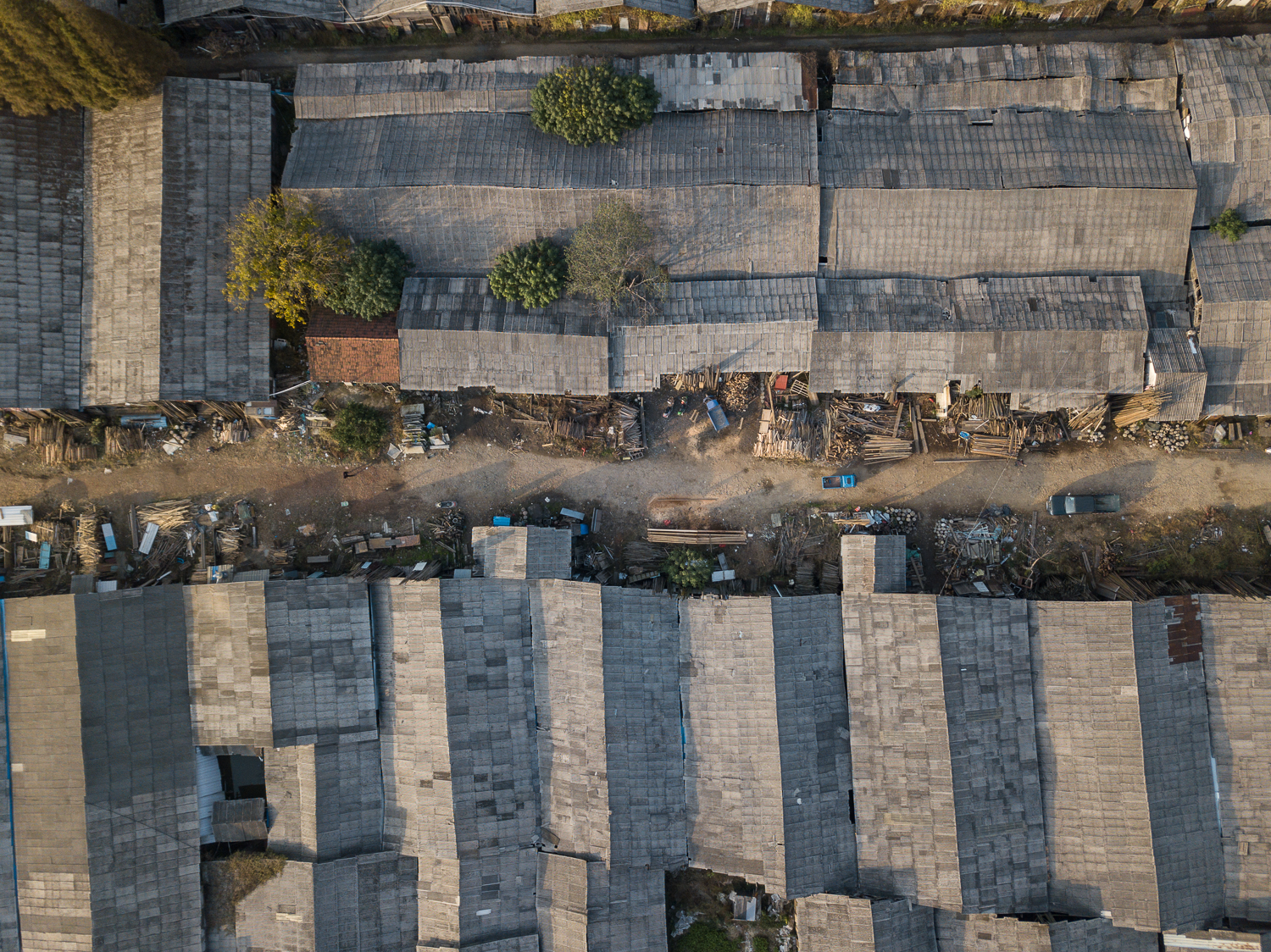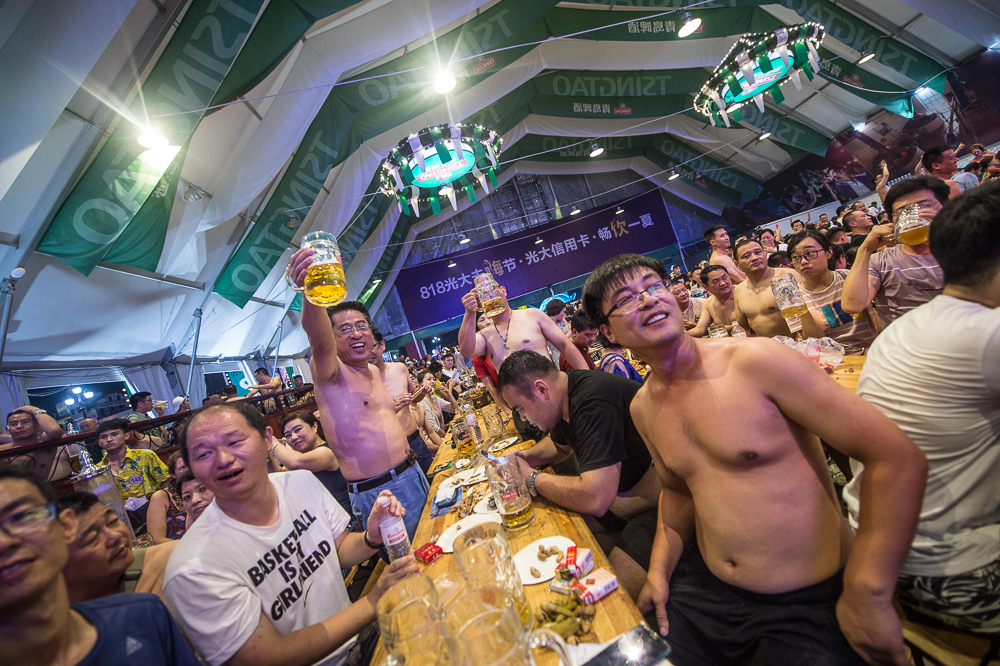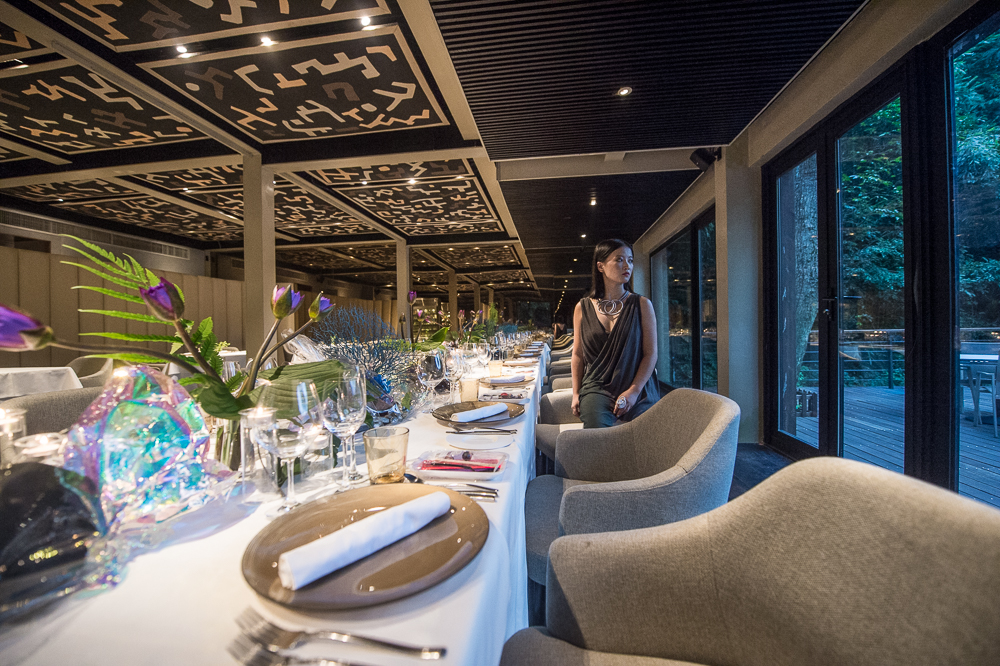Fueled by the growth of more modern interior design in the area, ranging from the growing coffee shop and restaurant market to the rise of the Minsu (old farmhouse turned upscale Bed and Breakfast) the Baibiao recycled wood market has been expanding steadily over the last twenty years. Salvaging wood from abandoned or demolished towns and neighbourhoods, the 312 families working and in some cases living in the market sell it on to new projects. Beyond wood, the market is also a treasure trove of furniture and knick-knacks spanning decades if not centuries of Chinese history. The more than 300 warehouses span 266 000 sq metres making it the largest recycled wood markets in Zhejiang province.
Unfortunately, as many of these stories go, the industrial city of Deqing is quickly expanding, swallowing up the neighbouring rice fields, the Baibiao recycled wood market is set to be bulldozed next week so the land can be resold to developers, leaving the business owners scrambling to find storage and new locations for their businesses.
Wandering through the market was a stunning reminder of China’s history of exquisite craftsmanship. Almost everything you see is meticulously hand-carved; warehouse after warehouse of intricately widdled window shutters or doors serving as a reminder that for thousands of years the term ‘Made in China’ was not at all synonyms with ‘cheap’, but rather served as the gold standard for created product, fit, literally, for kings and queens all over the globe.







